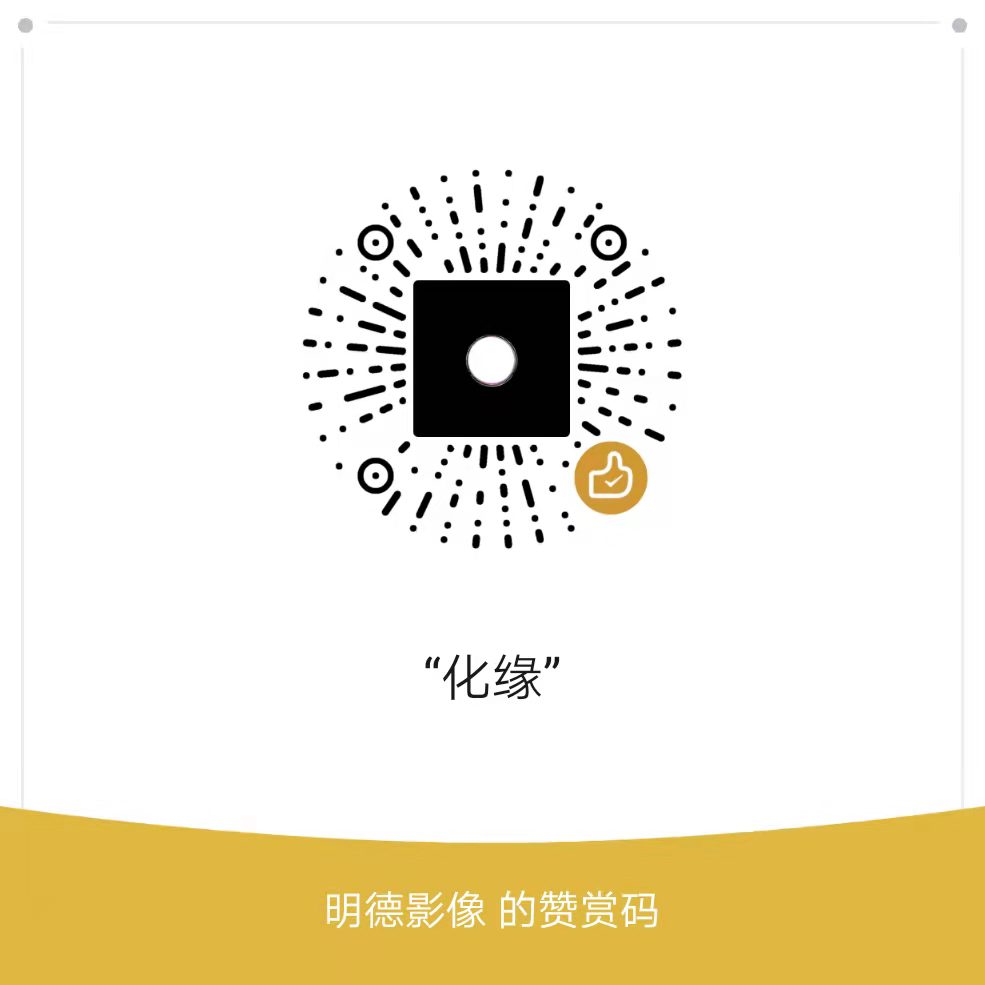原名:Honeyland: “Underdevelopment, Coated in Honey”
作者:Dina Iordanova
译者:李伟杰
校对:沙皮狗
DOCALOGUE. 1 June 2020
把“落后”描述为一个迷人的道德故事是不对的。自从一个世纪前罗伯特·弗莱厄蒂(Robert Flaherty)制作“纪录片”《北方的纳努克》(Nanook of the North )以来,它就一直是错误的。某种程度上,《蜂蜜之地》(Honeyland, Tamara Kotevska & Ljubo Stefanov, 2019 年)就是21 世纪纳努克:用现代包装弗莱厄蒂的方法,甚至让不会说当地语言的电影人来拍摄他们。
在这里,一名 50 岁的土耳其族妇女Hatidže生活在北马其顿原始的偏远山村Bekirlija。在那里,她坚忍地照顾年迈的母亲,并通过饲养野蜂来维持生计。两位年轻的当地电影人Tamara Kotevska和Ljubo Stefanov,都是斯拉夫人(Slavs)。
影片观察Hatidže与人类和自然复杂的互动过程,逐渐将她塑造成一个遵循自然世界智慧的圣人。Hatidže被引导行动,并融入她自己生活的某个面向。是基于事实,但被电影人以诗意的方式所构筑。导演们说他们“缝合了一个有意义的视觉叙事”,那是因为他们不理解Hatidže的话。《蜂蜜之地》,是一部真正由弗莱厄蒂重新制作的纪录片,人们也可以称其为“假纪录片”。
蜂蜜之地是当时中获奖最多、发行范围最广的电影之一。2019 年从圣丹斯凯旋,到年底获得两项奥斯卡提名:最佳国际故事片和最佳长篇纪录片——对各种现象的判断,证实了这部纪录片与任何故事片一样,都属于高度构建的作品。《蜂蜜之地》的广泛赞誉,对于两位来自与世隔绝小国的年轻电影人来说是一次巨大的成功。但这个双重提名也给我揭示了:《蜂蜜之地》太虚构了,不能被视为纪录片。或者,换一种说法,这部电影太做作了,不能作为“现实的代表”。在展示“被上帝遗忘”的巴尔干地区一个贫穷的少数民族妇女的生活时,它被作为道德故事的愿望所驱动。《蜂蜜之地》不记录,它宣扬。

这部电影为Hatidže的贫困和奉献精神,以及她接受和与自然和谐相处的能力投下了金色的光芒,赋予了她道德上的优越,并将她的生活方式描绘成一种令人向往的东西。
确实,简单的定居生活,贴近人的根源并尊重自然的温和方式,是当今的道德要求。Hatidže的孝心比移民家庭带来的混乱要好得多——他们匆忙、肮脏、吵闹,他们不尊重、暴力。他们的小儿子反叛,迟早会逃跑,与他压力大、衣冠不整的父亲断绝关系。通过他,这部电影展示了理想的下一代如何倾向于Hatidže的生活方式。确实,这部电影似乎在说,如果我们关心地球和人类的生存,这就是我们都应该选择的生活方式。我们必须放弃高攀时尚潮流,停止做高消耗的高端成功人士,放慢速度。仰望天空,拥抱大地。把蜜蜂带回来。冥思,赎罪。
对于这鼓舞人心和迷人的“告诫”,《蜂蜜之地》为“落后”包上糖衣。另一部纪录片可以用同样的材料,在同一个地方制作。但这将显示出当地政府对少数民族的极端孤立和忽视,他们生活赤贫,他们只有有限的生活机会,缺乏基本的便利设施,以及他们缺乏教育和医疗保健。
我们看到Hatidže去斯科普里(Skopje)的市场出售几罐她的神奇蜂蜜;当你抬头看这个地方时,就会发现它距离她居住的地方有 60 公里——所以这真的是一段旅程,而不是好像电影中一样她随意可以去其他城市。她可能会以 15 欧元一瓶的价格出售几罐蜂蜜。但在一个大家都没钱的地方,她能卖多少?就算她能卖出十罐,也就是150欧元——她整个季节的收入……
Hatidže自给自足的生活——就像世界上许多此类地区的边缘人一样——不是一种选择,而是“缺乏选择”。孤立、管理不善和腐败的政治现实迫使她成为这样养蜂人——从大自然中寻找营养,和母亲一起躲在破败的犁沟里。这是一个关于生存的故事,而不是卢梭式的回归自然。
但如果制片人只是单纯地展示现实,那么今天大多数人都不会看到这部电影,我们也不会在这里谈论它。来自偏僻国家的电影人——巴尔干半岛和许多其他地方一样——除非诉诸自身的异国情调,否则无法获得关注。以某种方式缝合叙事,并要求他们的主题重新改编,在某些方面强化迷人的道德叙事,这是一种对市场需求的简单回应。这是电影节的卖点,也是国际发行的需求,所以这就是像Tamara Kotevska和Ljubo Stefanov这类年轻导演从一开始就学会兜售的东西。这里没有什么新鲜事:几十年来,这类型的市场需求一直在推动巴尔干地区一些最成功的电影制作——比如著名的超现实大师埃米尔·库斯图里卡(Emir Kusturica)的作品马上映入脑海。
这些年轻一代也有好的作品,而且比野蜂蜂蜜卖得更好。
原文:
It is wrong to represent underdevelopment as an enchanting morality tale. And it has been wrong since the time Robert Flaherty made Nanook of the North a century ago. In a way, Honeyland (Tamara Kotevska and Ljubo Stefanov, 2019) is Nanook for the 21st century: a modern-day rendering of the Flaherty approach, wherein filmmakers who do not even speak the language of the native subjects come and film them. In this instance, a 50-year old ethnic Turkish woman, Hatidže, who lives in primitive conditions in the remote mountain village of Bekirlija in North Macedonia, where she stoically cares for her elderly mother and sustains both by keeping wild bees, is filmed by two young local filmmakers, Tamara Kotevska and Ljubo Stefanov, both ethnic Slavs. The film observes Hatidže’s complex interactions with people and nature and gradually builds her into a sage who follows the wisdom of the natural world. Hatidže is led to act and fit into a certain version of her own life, based on fact but framed poetically by the filmmakers. Honeyland – for which the directors say they “stitched a visual narrative that made sense” since they didn’t understand Hatidže’s speech – is a bona fide Flahertian re-enacted documentary. One can also call it “fake.”
Honeyland is one of the most awarded and widely distributed films of the current cycle, starting with a win at Sundance in 2019 and reaching the end of the year with two Oscar nominations, for best international feature film and for best feature-length documentary – a diagnosis of sorts, which confirms that documentary is as highly constructed as any feature film. The wide acclaim for Honeyland is a great success for two young filmmakers from an isolated small nation. But what this dual nomination reveals to me is that Honeyland is too fictionalized to be regarded as documentary. Or, put another way, the film is too contrived to stand as a “representation of reality.” Whilst showing the life of a poor ethnic minority woman in the “godforsaken” Balkans, it is driven by the desire to serve as a morality tale. Honeyland does not document; it preaches.
In casting golden light over Hatidže’s poverty and dedication, over her ability to be accepting and to live in harmony with nature, the film endows her with moral superiority and depicts her lifestyle as something to be aspired to. Indeed, the proposition of a simple sedentary life, close to one’s roots and respectful of nature’s gentle ways, is a moral imperative for today. Hatidže’s filial devotion is presented as so much superior to the mayhem that the family of settlers brings along – they are rushed, dirty and noisy, they are disrespectful and violent. Their young son disapproves and will, sooner or later, run away and cut ties with his stressed and disheveled father; through him, the film shows how the ideal next generation leans to Hatidže’s ways. Indeed, the film seems to say, this is the lifestyle that we all ought to choose if we care for the planet and for the survival of humankind. We must drop jet-setting, stop being high-consuming high-flyers, slow down. Look at the sky and embrace the land. Bring the bees back. Meditate. Atone.
For its inspiring and enchanting message, Honeyland relies on a sugar-coated representation of underdevelopment. Another documentary could have been made with the same material and in the same place. It would show the extreme isolation and neglect of ethnic minorities by their government, the abject poverty they live in, their limited life opportunities, their lack of basic amenities, and their shortage of schooling and health care. We see Hatidže go to market in Skopje to sell a few jars of her miraculous honey; when one looks up the place, one realizes it is 60 kilometers away from where she lives – so this is quite a journey and not the result of her casually popping into the city as the film shows it. She may sell a few jars of her honey for 15 Euro a piece – yet how many can she sell in a place where people have no money? Even if she managed to sell ten jars, it would be 150 Euro, her revenue for the season…
Hatidže’s life of self-sustainability – like the lives of many at the margins in this part of the world – is not one of choice but one of lacking choices. The political realities of isolation, mismanagement, and corruption coerce her to be what she is – a beekeeper, looking for nourishment from nature, hiding in a ruined furrow with her mother. It is a story of survival, not one of the Rousseauist retour a la nature.
But if the filmmakers were to simply show the reality, most people would not have seen this film today nor would we be talking about it here. Filmmakers from isolated countries – and this is as true about the Balkans as it is about many other places – cannot gain attention unless they resort to self-exoticism. Stitching the narrative in a certain way and asking their subjects to re-enact certain aspects that enhance the enchanting moral tale are simple responses to market demand. This is what sells at festivals and what is in demand for international distribution, so this is what young directors like Tamara Kotevska and Ljubo Stefanov have learned to offer from early on. Nothing new here: this type of market demand has been driving some of the most successful filmmaking from the Balkans for decades now; the work of acclaimed surreal exuberance expert Emir Kusturica comes to mind. The young generation, too, have a good product – and one that sells better than wild bee honey.
